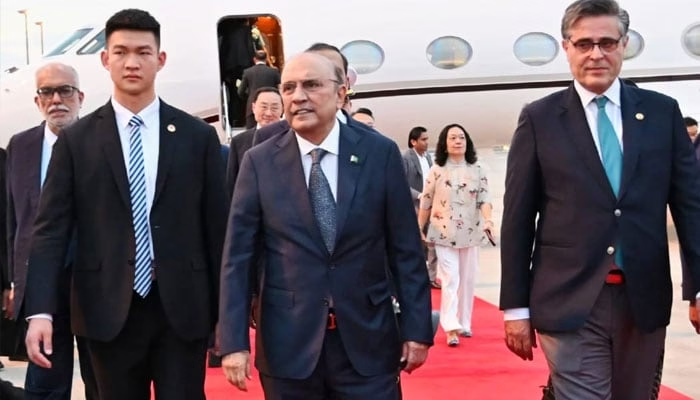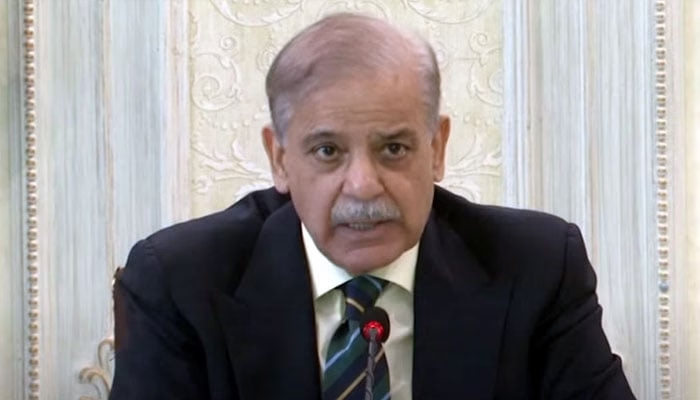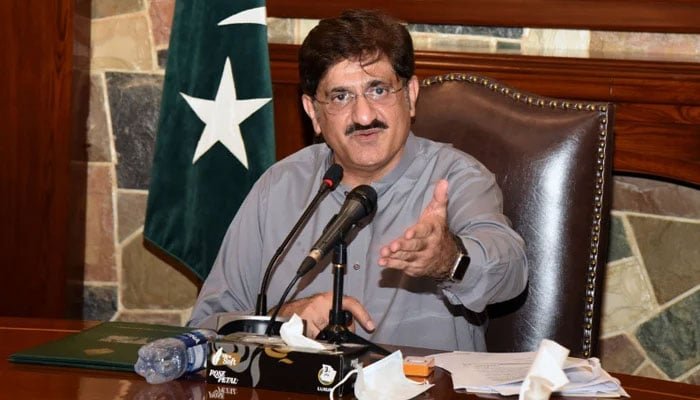The President Asif Ali Zardari Visit to China marks a significant step in further strengthening the historic and strategic ties between Pakistan and China. Beginning his 10-day official visit in Chengdu, President Zardari is set to hold high-level discussions with the Chinese leadership focusing on economic cooperation, the China-Pakistan Economic Corridor (CPEC), and regional development. This visit underscores the depth of the All-Weather Strategic Cooperative Partnership that has long been the foundation of Pakistan-China relations.
President Asif Ali Zardari Visit to China: A High-Level Welcome
Upon arrival at Chengdu Shuangliu International Airport, President Zardari received a warm welcome from Chinese Vice Foreign Minister Sun Weidong and Vice Governor of Sichuan Province Huang Ruixue. The presence of Pakistan’s Ambassador to China, Khalil Hashmi, and Chinese Ambassador to Pakistan, Jiang Zaidong, highlighted the importance both nations place on this visit.
The warm reception sets the tone for the President Asif Ali Zardari Visit to China, reflecting the mutual respect and commitment both countries share. Over the course of 10 days, the President will visit Chengdu, Shanghai, and Xinjiang, engaging with Chinese leadership at both the central and provincial levels.
Focus on Economic and Trade Cooperation
A central theme of the President Asif Ali Zardari Visit to China is strengthening economic and trade partnerships. With China being Pakistan’s largest trading partner, the two countries are expected to explore ways to expand bilateral trade beyond current levels. According to recent trade statistics, Pakistan-China trade crossed $27 billion in 2023, with exports from Pakistan witnessing steady growth.
The visit is expected to address challenges in the trade balance and identify new areas of collaboration, including industrial zones, digital economy, and agricultural technology. The focus remains on creating sustainable economic opportunities that benefit both sides.
Advancing CPEC: The Heart of the Visit
The China-Pakistan Economic Corridor (CPEC) continues to be a flagship project in Pakistan-China relations. During the President Asif Ali Zardari Visit to China, discussions will prioritize the second phase of CPEC, which focuses on industrial development, energy cooperation, and socio-economic uplift projects.
CPEC has already brought in more than $25 billion in direct investments to Pakistan, creating thousands of jobs and improving infrastructure across the country. The next phase aims to enhance regional connectivity by linking Gwadar Port with trade routes extending into Central Asia, thus boosting Pakistan’s role as a key hub in regional commerce.
Strengthening Strategic and Regional Cooperation
Beyond economics, the President Asif Ali Zardari Visit to China emphasizes the strategic cooperation between the two nations. Pakistan and China continue to support each other on core issues, from territorial sovereignty to counterterrorism efforts.
The visit also comes at a time of heightened geopolitical shifts, making Pakistan-China collaboration more critical than ever. Both countries are committed to ensuring peace and stability in the region, particularly through joint efforts in countering terrorism and supporting regional integration projects.
The Role of Provincial Engagement
An important element of the President Asif Ali Zardari Visit to China is engagement with provincial leadership. By visiting Chengdu, Shanghai, and Xinjiang, the President highlights the importance of people-to-people and region-to-region ties. These interactions aim to boost collaboration in education, culture, and technology, further deepening mutual understanding and cooperation.
Building on the All-Weather Strategic Partnership
Pakistan and China often describe their relationship as an All-Weather Strategic Cooperative Partnership. The President Asif Ali Zardari Visit to China is another reaffirmation of this long-standing bond. High-level exchanges like this visit not only build political trust but also create opportunities for expanding cooperation in diverse fields, from energy to digital infrastructure.
China has already invested heavily in Pakistan’s power sector, helping ease the energy crisis, while joint ventures in renewable energy are on the horizon. These developments demonstrate the forward-looking nature of bilateral ties.
Future Outlook of Pakistan-China Relations
Looking ahead, the President Asif Ali Zardari Visit to China is expected to pave the way for greater collaboration in sectors such as technology, finance, agriculture, and connectivity. As Pakistan faces economic challenges, stronger ties with China could provide the stability needed for long-term development.
Moreover, the focus on CPEC and regional connectivity ensures that Pakistan remains a critical partner in China’s Belt and Road Initiative. For Pakistan, the benefits extend beyond infrastructure, creating avenues for industrial growth, job creation, and global trade integration.
The President Asif Ali Zardari Visit to China reaffirms Pakistan’s deep-rooted ties with its most trusted strategic partner. With discussions centered on CPEC, trade, economic cooperation, and regional peace, the visit represents a step forward in building stronger bilateral relations. By emphasizing shared goals under the All-Weather Strategic Cooperative Partnership, both nations are set to enhance collaboration that will benefit their people and contribute to regional stability.



